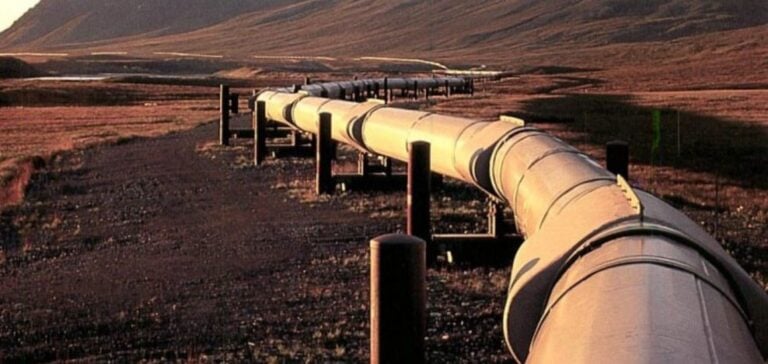Ukrainian drone strikes targeted over 1.6 million barrels per day (bpd) of Russian refining capacity in Western Europe. In March, around 1 million b/d were out of service. Despite some repairs, around 800,000 b/d of refining capacity remained offline, mainly affecting the production of 200,000 b/d of gasoline and 300,000 b/d of diesel.
Exports down in April
According to S&P Global Commodity Insights, Russian exports of diesel, gasoline, naphtha and other refined products averaged 1.81 million b/d for the week ending April 14, down 560,000 b/d on the previous month. Gasoline exports fell by 267,000 b/d, diesel by 181,000 b/d, and naphtha by 117,000 b/d. These declines were partially offset by an increase in jet and VGO exports.
Affected ports and export routes
Russia’s Baltic ports, such as Ust Luga and St Petersburg, as well as the Black Sea terminal of Kavkaz, saw the biggest drops, with declines of 198,000 b/d, 111,000 b/d and 105,000 b/d respectively.
Bypass strategies
Faced with reduced processing rates, Russia has stepped up shipments of petroleum products by rail and discussed rescheduling refinery shutdowns to boost production. Despite the disruptions, weekly Russian crude loadings showed a recovery to 4.05 million b/d for the week to April 14, after falling to 3.53 million b/d at the start of the month.
Analysts at S&P Global Commodity Insights forecast that Russian crude production could exceed 500,000 b/d in 2026, helped by condensate production. Floating storage capacity for Russian crude Sokol fell from 4.4 million barrels at the end of February to 1.5 million barrels on April 16.






















